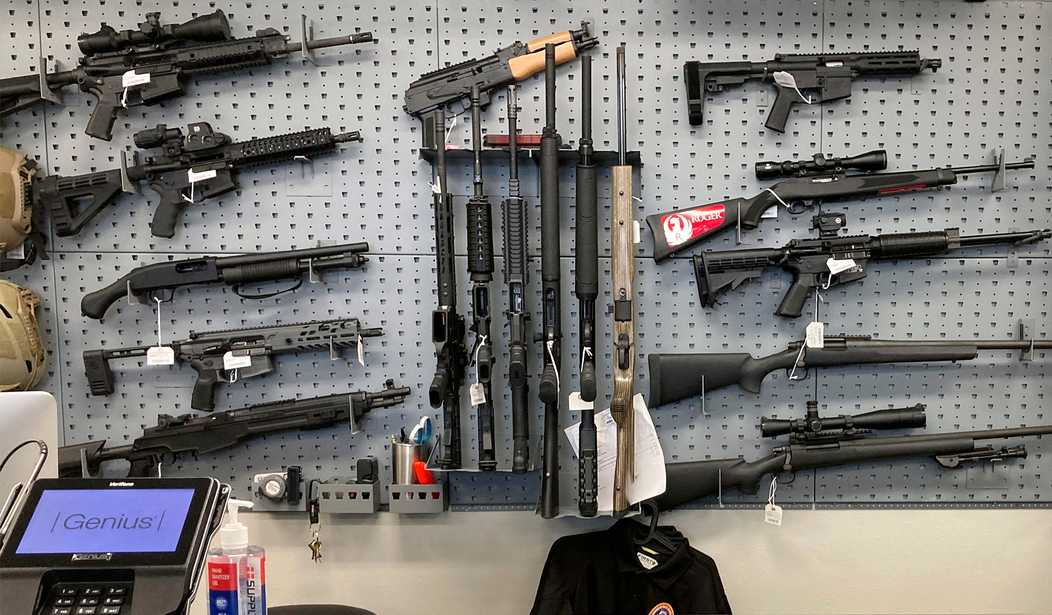We won’t know for sure how Harney County Judge Robert S. Raschio will rule on the constitutionality of Measure 114 until he actually issues his opinion, but if I were a betting man I’d say that the odds are in the plaintiffs’ favor. Raschio has already granted an injunction blocking the law from being enacted while the case proceeded to trial on the grounds that the plaintiffs were likely to prevail, and I’ve seen nothing during the first half of the trial that indicates Raschio has been persuaded otherwise.
Quite the opposite, as a matter of fact. On Wednesday, Raschio allowed testimony from the superintendent of the Oregon State Police as well as two rural sheriffs over the objections from attorneys representing the state, who claimed that because law enforcement is exempt from Measure 114’s prohibition on the sale, manufacture, and transfer of “large capacity” magazines their opinions were irrelevant. Not so, said the judge.
Raschio said he was partly swayed by a “friend of the court” brief that the National Police Association had filed with the Oregon Supreme Court in late January in support of the Harney County gun owners’ challenge to the Oregon gun control measure.The judge read a passage from the association’s 50-page brief, to explain his ruling:“It reads, ‘Because police officers are defending themselves against the same criminals as citizens, their experience is highly relevant to the appropriate scope of self- defense. Over the years, police departments across the nation have abandoned service revolvers in favor of modern semi-automatic weapons with larger magazines. This is true even though police are often working together as a group, with even less need for higher capacity magazines than individual citizens attempting to defend themselves.’”Raschio said that he agrees that what police use for self defense is “highly relevant,” and will allow the testimony from Oregon State Police Supt. Casey Codding and two sheriffs from Union and Harney counties, who took the witness stand a day earlier, to be considered.
Joseph Paterno, a congregant of Portland’s Augustana Lutheran Church and one of the signature-gatherers involved in the Lift Every Voice Oregon campaign, was called by the state to testify how the grass-roots initiative process led to Ballot Measure 114.Aiello argued that Paterno’s testimony is outside the scope of the judge’s text-based examination of the gun control measure. He said the judge could consider the measure’s preamble and what was written in the voter’s pamphlet but not consider testimony from Paterno about recent mass shootings that motivated the initiative process.“I don’t understand how any of this testimony goes to this court determining the facial constitutionality of the law,” Aiello said.Oregon Assistant Attorney General Brian Marshall countered that Paterno’s testimony will be about the legislative history and show the measure’s “public safety purpose.”“This measure would have never passed had he not led an effort to collect the signatures,” which triggered the legislative process, Marshall said.Raschio said he found “it surprising that this is the approach being taken,” by the state. Without reviewing the case law, the judge said he considered the legislative history to be limited to the text of a measure, its preamble and the voter’s pamphlet and considered Paterno’s testimony to be “an expansion” of that rule.









Join the conversation as a VIP Member